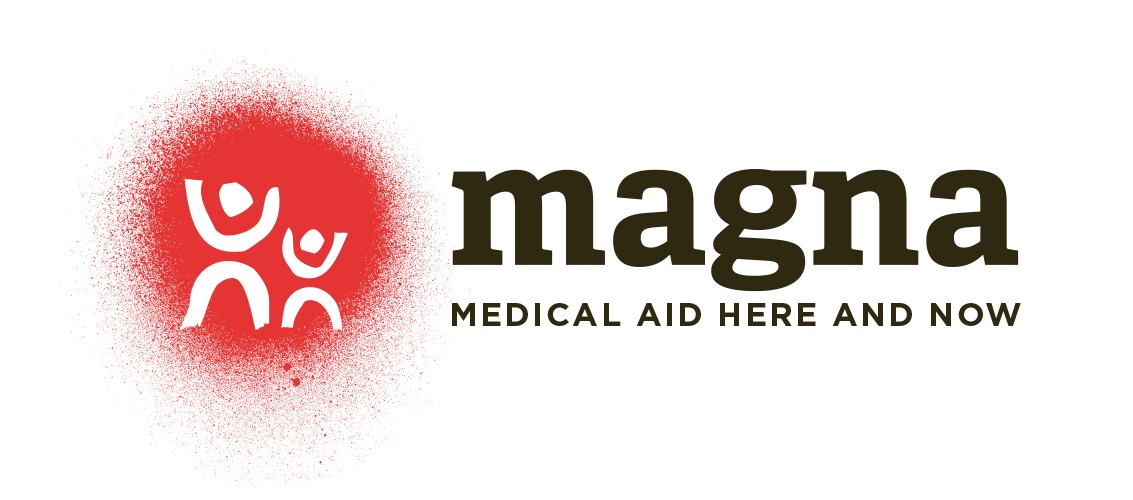5 million malnourished people in South Sudan need your help
Bratislava, 21 February – United Nations has formally declared the state of famine in two regions of South Sudan. It warns that about 100 thousand people are facing starvation there, and the situation is not much better for the rest of the country. Approximately 40% of South Sudan’s population, or about 4.9 million people, are on the brink of famine and in urgent need of assistance in the form of highly nutritious food. It is predicted that if nothing is done to curb the severity of the food crisis before July, these people will face starvation. And clearly, children and the elderly are the most vulnerable at the times of food scarcity. Slovak humanitarian organization MAGNA here provides malnutrition monitoring as well as nutritional support, which are both an integral part of health care provided by this organisation in South Sudan.
MAGNA has been operating in the country since 2011. It currently focuses on two regions: the Eastern district Jonglei and the capital Juba. MAGNA paramedics in the territory have the capacity to help around 100 thousand people. They on daily basis watch closely patients with malnutrition and follow with nutrition aid. Moreover, they cure malaria, pneumonia and acute diarrhoea – which are extremely dangerous, particularly for children. There is about 1 million children less than 5 years old suffering from acute malnutrition in South Sudan.
MAGNA paramedics bring their experience in the fight against famine from neighbouring Kenya. In 2011 Kenya and The Horn of Africa were hit by devastating food shortage caused by droughts and crop damage. Just a short time after number of people fled Somalia to Kenya. The disaster hit approximately 10 million people in total, suffering from malnutrition. MAGNA medical team treated back then around 14 thousand malnourished children.
According to the UN, both the country’s young government and the international community are to blame for the current situation. South Sudan is the youngest country of the world. It was founded in 2011 and since 2013 it’s been raged by still-ongoing civil war. Majority of farmers and their families have lost their livestock and gave up on their farming land that has been devastated. For long time, they’ve been having access to only food with low nutritional value, which caused a famine. They urgently require delivery of highly nutritious food. The problem is exasperated by the pro-government groups that obstruct the delivery of humanitarian aid into the pro-opposition territories. People in these areas cannot sustain themselves nor can they escape from their home that turned into battlefield.
In contrast, people are fleeing in droves other parts of South Sudan. So far, more than 1.5 million people has left the country. About half of them live in Uganda. Another two million people have lost their abode and are asylum seekers within their own country. The international community has long overlooked this third largest refugee crisis, which now may turn into humanitarian disaster.
